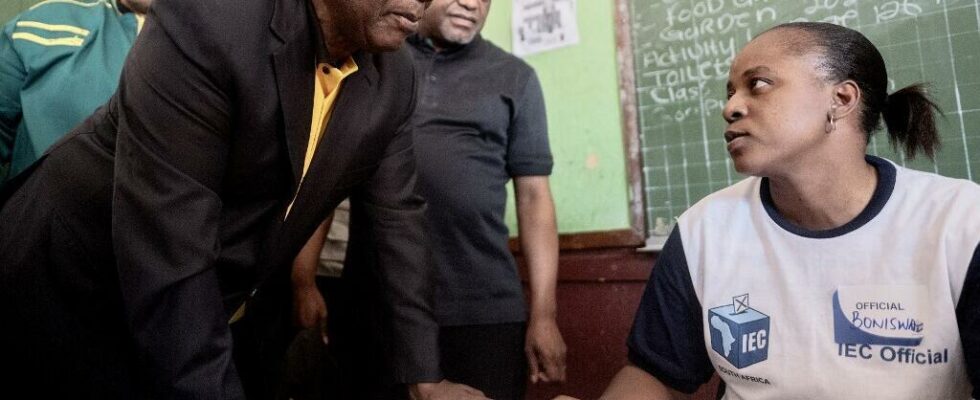In South Africa, President Cyril Ramaphosa finally signed the education law, passed before last May’s elections, this Friday, despite opposition from parties in the coalition government. To avoid imploding this government of national unity, the head of state tried to find a compromise.
2 min
With our correspondent in Johannesburg, Claire Bargelès
These are two articles of the law that have sparked a conflict between the ANC, the ruling party, and the Democratic Alliance. They concern, among other things, a certain loss of autonomy of public schools to choose their language of instruction, since the provincial authorities will now have their say.
Also readIn South Africa, the story of Patrice Lumumba staged in the theatre
The country’s second largest political party fears that this will lead to a decline in Afrikaans, a language derived from Dutch, spoken at the time by the colonists.
Cyril Ramaphosa So he tried to find a temporary solution: “II will sign this law, to send a clear message that we are moving forward in transforming our education system. But I have decided to postpone the implementation of Articles 4 and 5 for three months. This will give the parties time to deliberate on these issues and make proposals so that each point of view can be respected. »
The president thus positions himself as the master of negotiation, a role he also played during the transition at the end of apartheid.
But this three-month ultimatum does not convince the Democratic Alliance, according to its spokesperson Willie Aucamp: ” The fact that President Cyril Ramaphosa has said that if consensus is not reached after three months, the law will be implemented regardless, shows that he is not acting in good faith. And it does not reflect what he stated in the declaration of intent signed by all parties in the government of national unity when it was formed.. »
Also readSouth Africa still mired in mass unemployment
The party is preparing to challenge the law in court if no compromise can be found.
